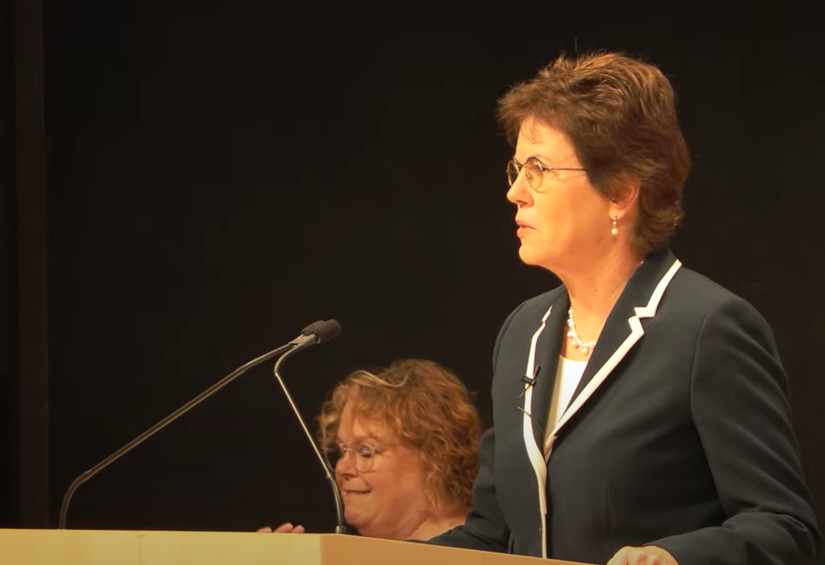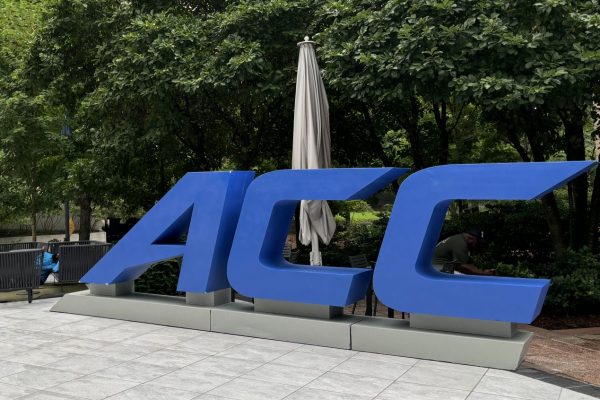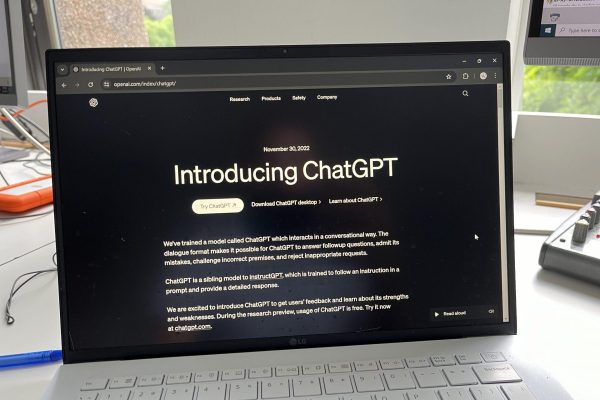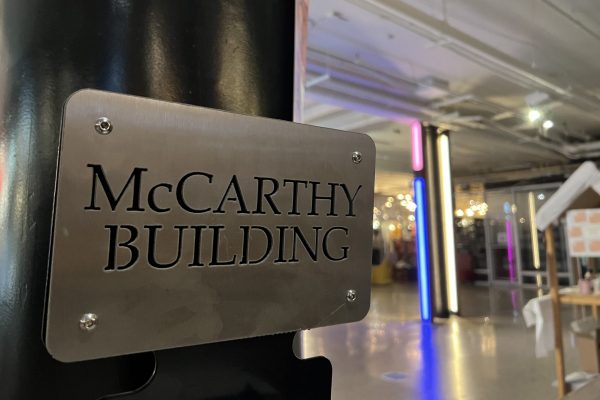
Syracuse University has spent over a year drafting their Academic Strategic Plan–their vision for the future of the university. After all that time, the plan is ready to share with the community.
Two weeks ago, the Academic Strategic Plan was published on the Office of Academic Affairs’ website. Today, that office hosted a forum to present the plan face-to-face and receive questions from the community.
In opening the event, Vice Chancellor and Provost Dr. Gretchen Ritter emphasized how critical community input is to the creation and enacting of the plan. “The plan we’ve developed together,” she said, “commits us over the next five years to further developing and elevating our five areas of distinctive excellence.”
Those five areas are the core tenets laid out in the plan. Emerging technologies, human thriving, global diversity, experiential inquiry, and engaged citizenship are the five areas Syracuse University hopes to expand and improve through actions charted in their plan. Commitment to innovating, fostering healthy communities, offering new fields of study, leading global engagement, and widening public service are some of those actions listed in the written plan.
It sounds like a tall task. In addition to explaining the plan, however, speakers used the forum as an opportunity to describe how it can be implemented. Margaret Talev, the Kramer Director of the Syracuse University Institute for Democracy, Journalism, and Citizenship, said community-building, research, and service all starts with the students.
“The core of the works starts with the students,” she said. “I think the way that we’ve been looking at how to engage students is first to listen to the students and to get to know who they are. What’s their identity? What’s their background? What are their skill sets they’re ready to develop? What are their interests?”
The Academic Strategic Plan envisions a future where, five years from now, every student will be enabled to study abroad, enrollment in STEM programs will increase, cross-college experiences with other schools will be created, mandatory curricular/co-curricular material on democracy and civil discourse will be made for all undergraduates, and Syracuse University will remain a model for campus for supporting entrepreneurship, veterans, and university partnerships. The plan–and the forum–concluded with the knowledge that this plan is a living document; it will respond to new challenges and feedback, and adapt with the university as time goes on.
“These are areas of commitment that respond to some of the extraordinary changes and challenges happening all around us,” Dr. Ritter said. “Recognizing both the social challenges and the economic opportunities in our midst, working together as a values-driven, multidisciplinary community and playing from our strengths is how we will increase our positive impact on the world.”




